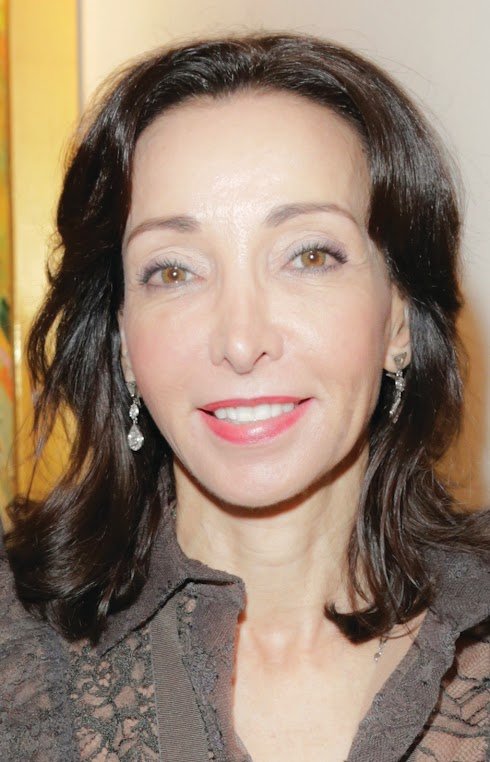Turning tragedy into purpose
/Keywords
Resilience – Grief – Identity – Loss - Image – Changing the narrative – Labels – Vulnerability – Connection – Purpose – Rebirth Day
In this episode of Resilience Unravelled J R Martinez shares his journey from the battlefields of Iraq to ABC’s ‘Dancing with the Stars’. J R talks about how he joined the military and went to war at 19 but was injured after just one month, suffering 34% burns and inhaling so much smoke it was thought he might not survive. He was in a coma for 3 weeks and, when he came out of it the reality of the injuries and scars to his body left him thinking there was no way he could live in society. Eventually though he realised there were a lot of things that he could still do and he turned tragedy into purpose, sharing his story and expanding his career into acting, advocacy, non-profit work raising awareness for injured military personnel and writing his memoir.
Main topics
Why resilience needs to be conditioned and exercised
How our early life conditions us for the difficulties we meet later
Grieving for the loss of an old life so you can accept the reality of a new one
Losing your sense of identity
The difference between being alive and living
How we can all have a ‘rebirth day’ when roles evolve and change
Choosing to jettison parts of your old identity
Creating a new image and changing the narrative
Negative words and embracing the labels given to us by other people
How society and culture conditions men to be tough and avoid talking about emotions
Why vulnerability needs to be expressed in different ways Seeing the individual, not the injury
How connecting as humans beings can change the narrative and the way you look at anyone else you come into contact with
Action items
You can find out more about J R at https://jrmartinez.com/ or through his social media Facebook, Instagram or LinkedIn
You can listen to the podcast in full and find out further information here. Our upcoming guest list is also available along with our previous blogs.
Find out more about our innovative Resilience and Burnout solutions.










